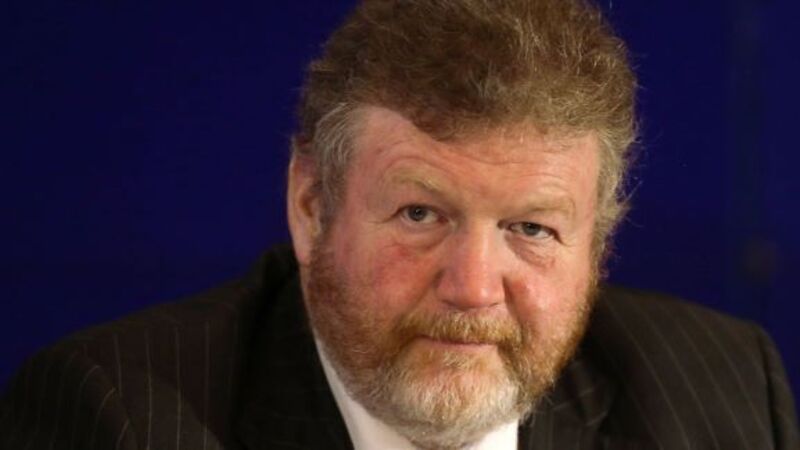WORRYING DIAGNOSIS

But calls for Health Minister James Reilly to resign are a distraction from the truth about what is happening in the health service and how the Government is deciding on cuts to the most essential of public services.
Last Friday, the Irish Examiner reported that both the HSE and the Government were planning separate “validation” exercises of the figures provided for health cuts next year.
















